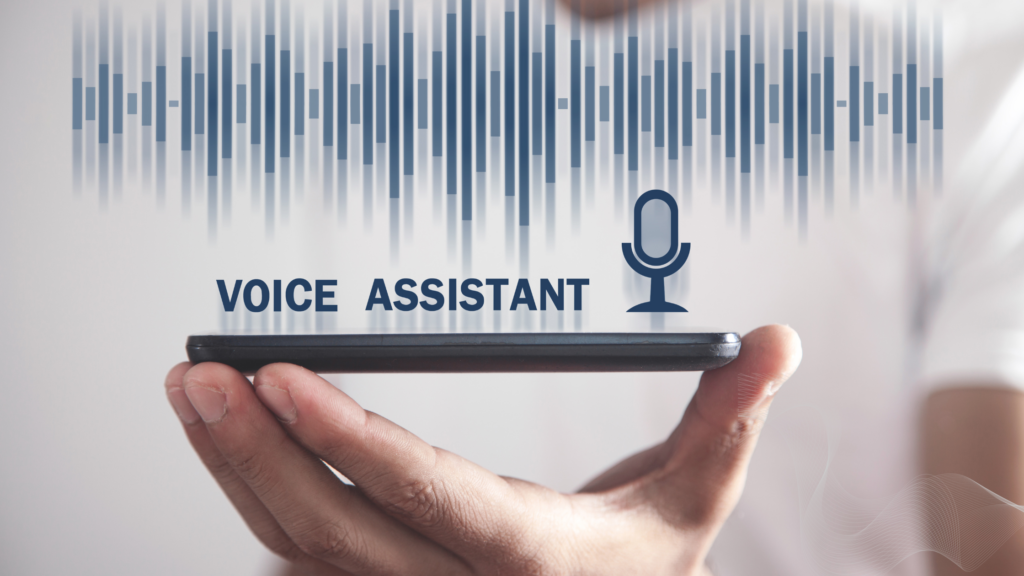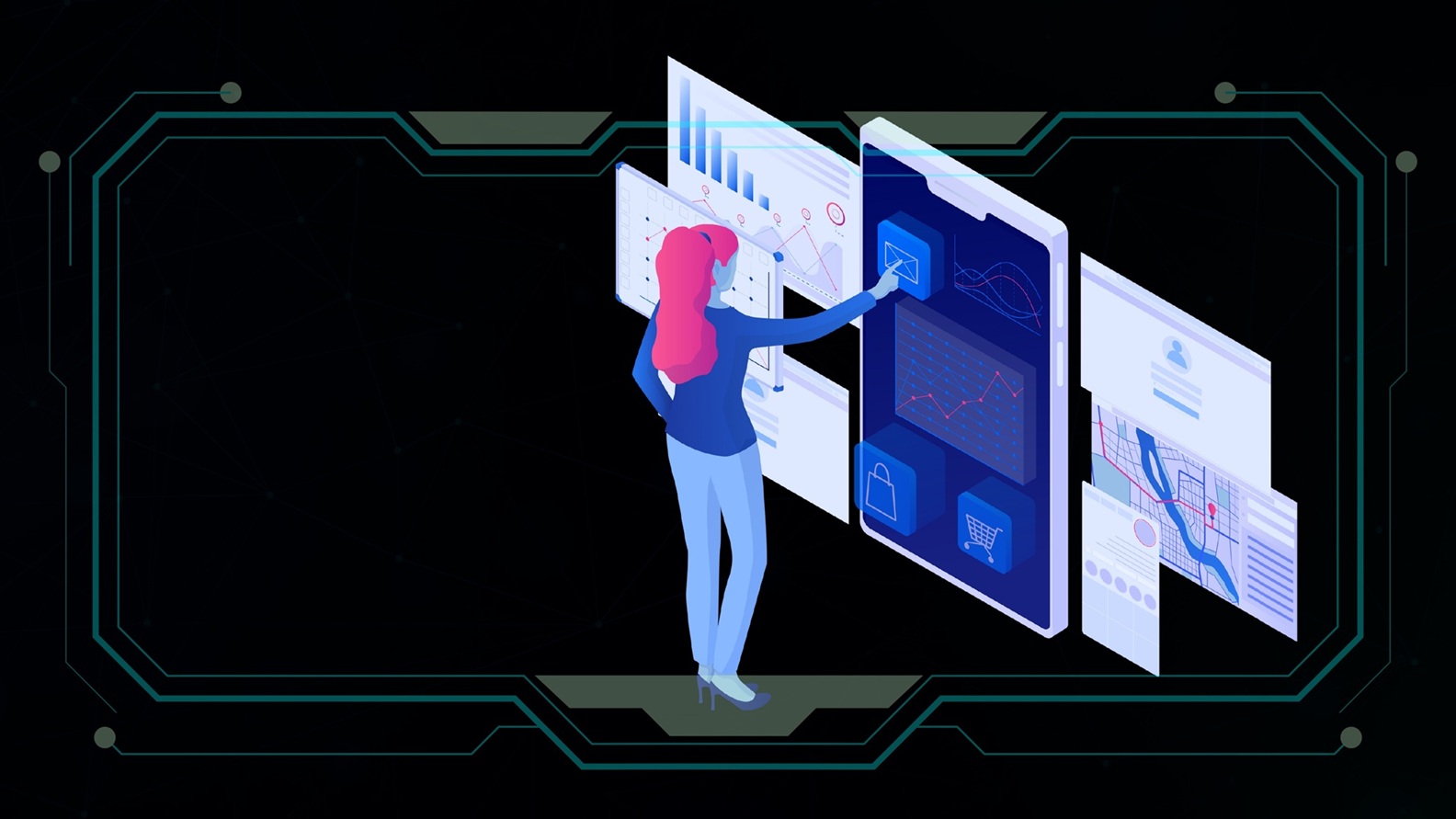No products in the cart.

Top AI Technologies Revolutionizing Mobile App Development
Imagine your mobile app understanding your needs before you even express them, engaging in natural conversations, and adapting to your preferences seamlessly. This isn’t science fiction—it’s the power of Artificial Intelligence (AI) at work. In this article, we delve into the cutting-edge AI technologies that are transforming mobile app development, from enhancing user experience to automating complex tasks. Discover how AI is reshaping the mobile app landscape through expert insights and real-world examples.
Natural Language Processing (NLP)
Overview of NLP
Natural Language Processing (NLP) is a branch of AI that focuses on the interaction between computers and humans through natural language. In mobile app development, NLP enables apps to understand and respond to user inputs in a human-like manner. This technology is crucial for creating chatbots, virtual assistants, and enhancing voice recognition systems.
Key Applications of NLP

- Chatbots and Virtual Assistants: NLP powers chatbots and virtual assistants like Siri, Google Assistant, and Amazon Alexa. These AI-driven tools can understand user queries, provide relevant responses, and perform tasks, significantly improving user engagement and satisfaction.
- Language Translation: Apps like Google Translate leverage NLP to provide real-time language translation, breaking down language barriers and making communication seamless across different languages.
Expert Opinion
“Natural Language Processing is the cornerstone of creating interactive and intuitive user experiences. It allows mobile apps to communicate effectively with users, making technology more accessible and user-friendly,” says Dr. Andrew Ng, Co-founder of Coursera and Adjunct Professor at Stanford University.
Machine Learning (ML)
Understanding Machine Learning
Machine Learning (ML) is a subset of AI that involves training algorithms to learn from data and make predictions or decisions. In mobile app development, ML enables apps to learn from user behavior, adapt to preferences, and improve over time without explicit programming.
Practical Uses of ML in Mobile Apps
- Personalization: ML algorithms analyze user data to provide personalized recommendations and content. Apps like Netflix and Spotify use ML to suggest movies, shows, and music based on user preferences and viewing/listening history.
- Predictive Analytics: ML helps in predictive analytics, allowing apps to forecast user behavior and trends. E-commerce apps, for example, use ML to predict which products a user is likely to purchase based on past behavior.
Real-World Example
Netflix’s recommendation engine, powered by ML, has significantly increased user retention by 75%. By analyzing viewing habits, Netflix can suggest content that aligns with user interests, enhancing the overall viewing experience.
Computer Vision
Computer Vision is a field of AI that enables computers to interpret and make decisions based on visual data. This technology is integral to developing features like facial recognition, augmented reality (AR), and object detection in mobile apps.

Applications in Mobile Development
- Facial Recognition: Security apps use computer vision for facial recognition, enhancing security through biometric authentication. Apple’s Face ID is a prime example of this application.
- Augmented Reality (AR): Computer vision powers AR experiences in apps like Snapchat and Pokémon GO, allowing users to interact with digital elements overlaid on the real world.
Expert Insight
“Computer Vision is revolutionizing mobile app development by enabling new forms of interaction and enhancing security. It’s a key driver of innovation in the tech industry,” states Fei-Fei Li, Professor of Computer Science at Stanford University and former Chief Scientist of AI/ML at Google Cloud.
AI-Powered Chatbots
The Rise of AI Chatbots
AI-powered chatbots are transforming customer service by providing instant responses and handling multiple queries simultaneously. These chatbots use a combination of NLP and ML to understand user intent and deliver accurate answers.
Benefits for Businesses
- 24/7 Availability: Chatbots provide round-the-clock support, ensuring that customer queries are addressed promptly, which enhances customer satisfaction and loyalty.
- Cost Efficiency: By automating customer service tasks, businesses can reduce operational costs and allocate resources to more strategic activities.
Case Study
H&M’s chatbot, Ada, has improved customer interaction by handling thousands of inquiries daily, providing personalized fashion advice, and assisting with online orders. This has resulted in higher customer engagement and satisfaction.
Voice Recognition Technology
Evolution of Voice Recognition
Voice recognition technology has advanced significantly, thanks to AI. This technology allows mobile apps to understand and process spoken language, making interactions more natural and intuitive.
Key Applications
- Virtual Assistants: Voice recognition is a core component of virtual assistants like Siri and Google Assistant, enabling them to understand and execute voice commands.
- Voice Search: Search engines and apps utilize voice recognition to allow users to search for information using their voice, enhancing accessibility and convenience.

Industry Perspective
“Voice recognition technology is bridging the gap between humans and machines, making digital interactions more seamless. It’s a crucial element of the future of mobile app development,” comments Sundar Pichai, CEO of Google.
Sentiment Analysis
What is Sentiment Analysis?
Sentiment analysis involves using AI to analyze and interpret the emotions conveyed in user inputs, such as reviews or social media comments. This technology helps businesses understand customer sentiment and improve their offerings.
Practical Applications
- Customer Feedback: Apps use sentiment analysis to analyze customer reviews and feedback, gaining insights into user satisfaction and areas for improvement.
- Market Research: Sentiment analysis aids in market research by analyzing social media trends and consumer opinions, helping businesses make data-driven decisions.
Expert Commentary
“Sentiment analysis provides invaluable insights into customer emotions, enabling businesses to tailor their products and services to meet customer needs better,” says Jeff Bezos, Founder and Executive Chairman of Amazon.
AI in Security
Enhancing Mobile Security with AI
AI technologies are playing a pivotal role in enhancing mobile app security. From detecting fraudulent activities to providing biometric authentication, AI is making mobile apps safer and more reliable.
Key Security Applications
- Fraud Detection: AI algorithms analyze user behavior to detect and prevent fraudulent activities in real-time. Financial apps use this technology to protect users from unauthorized transactions.
- Biometric Authentication: AI-driven biometric authentication, such as facial recognition and fingerprint scanning, adds an extra layer of security to mobile apps.
Case Study
PayPal uses AI to monitor transactions and detect fraudulent activities. This proactive approach has reduced fraud rates by 40%, providing a secure platform for its users.
Future Trends in AI for Mobile Apps
AI and IoT Integration
The integration of AI with the Internet of Things (IoT) is set to revolutionize mobile app development. AI-driven IoT devices can collect and analyze data, providing valuable insights and enabling smarter decision-making.
Advancements in AI Chips
The development of specialized AI chips is accelerating AI processing capabilities in mobile devices. Companies like Apple and Google are investing in AI chip technology to enhance the performance of AI applications on mobile platforms.
Expert Predictions
“AI and IoT are converging to create smarter, more intuitive mobile applications. This integration will drive the next wave of innovation in mobile app development,” predicts Satya Nadella, CEO of Microsoft.
FAQ
What are the benefits of using AI in mobile app development? AI enhances user experience, automates complex tasks, provides personalized content, and improves app security, making mobile apps more efficient and user-friendly.
How does NLP improve mobile apps? NLP allows apps to understand and respond to user inputs in a natural language, enabling the development of chatbots, virtual assistants, and language translation features.
What is the role of ML in mobile app personalization? ML algorithms analyze user data to provide personalized recommendations and content, enhancing user engagement and satisfaction.
How is computer vision used in mobile apps? Computer vision enables features like facial recognition, augmented reality, and object detection, enhancing security and user interaction in mobile apps.
What are the future trends in AI for mobile app development? Future trends include the integration of AI with IoT, advancements in AI chips, and the continued development of AI-driven personalization and security features.
***
Contact Amiscon today to learn how we can help your startup succeed with professional IT solutions.





Leave a Reply